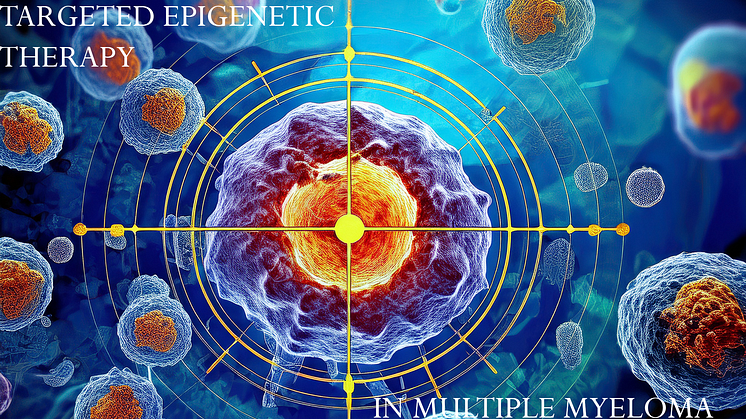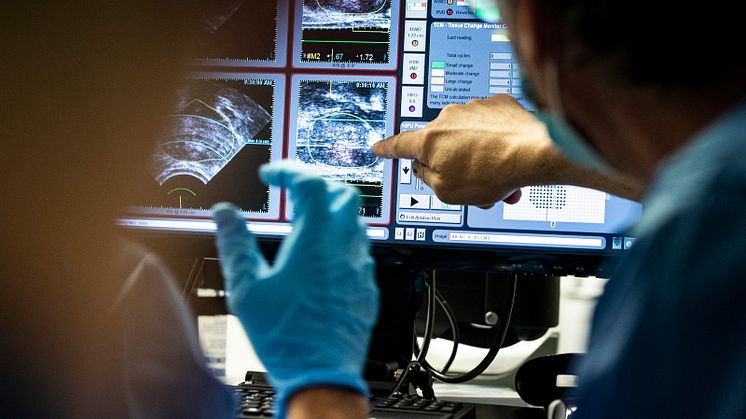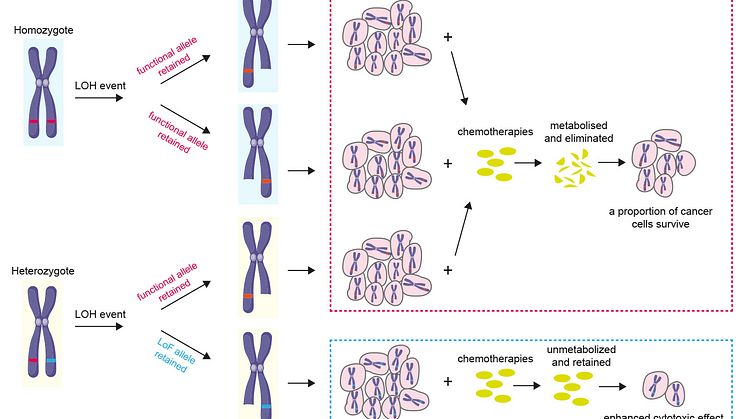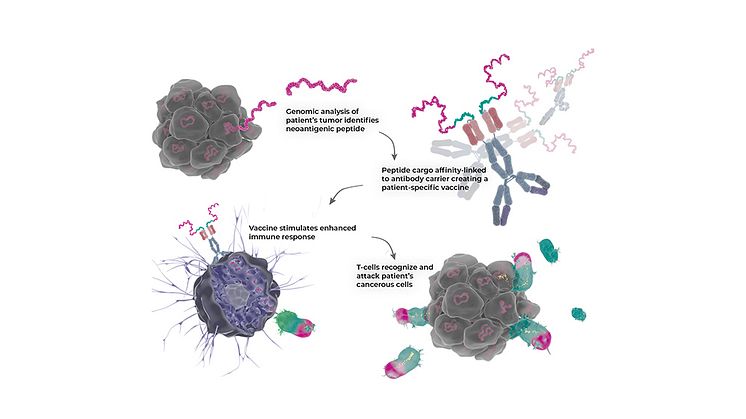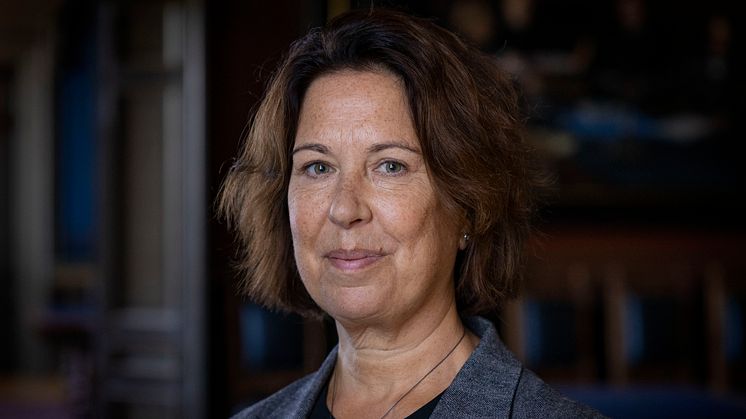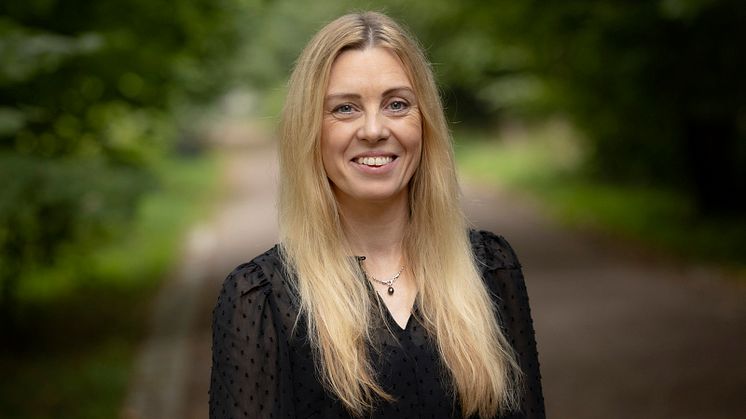Screening improves early detection of colorectal cancer
More cases of colorectal cancer are detected at an early stage with screening. This is according to new research based on data from over 278,000 60-year-olds, who were randomly selected to undergo one of two interventions or no screening at all (usual care). The study, which is a collaboration between Uppsala University and Karolinska Institutet, has been published in Nature Medicine.






